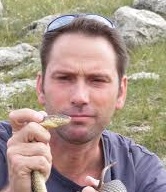 |
Gergely BABOCSAY, PhD in Biology. He is the curator of the Collection of Vertebrates of the Mátra Museum of the Hungarian Natural History Museum. He was an assistant professor at the Károly Róbert University College, Gyöngyös, Hungary for several years. His expertise includes taxonomy, ecology and conservation biology. Besides his curatorial and research duties he is involved in educational and public outreach activities. He is the president of the Amphibian and Reptile Conservation Group of the Magyar Madártani és Természetvédelmi Egyesület (MME) –BirdLife, Hungary and director of the conservational and educational programmes of the organisation. | ||
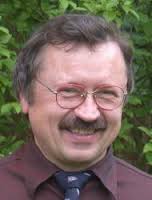 |
Franz BOGNER, Prof. Dr.rer.nat. in Biology, Prof. Dr.rer.nat.habil. in Biology Education. After a first full professorship at the University of Education in Ludwigsburg/Stuttgart, he was appointed at the University of Bayreuth, again as a full professor and head of the Institute of Biology Education. As director of the Centre of Math & Science Education (Z-MNU), he and his research group are mainly involved in pre-service teacher education and in-service teacher enhancement. His research projects consistently included cognitive (emotional, attitudinal, inquiry-based) assessment. The impact factor of his papers is one of the highest of German science educators. | ||
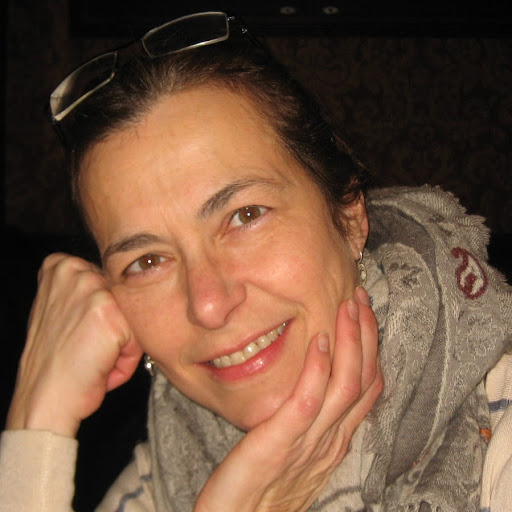 |
Ana CASINO is Economist and has doctorate on Business Administration. She has been involved in the private sector, as Financial Manager in the Shipbuilding industry, as well as in the public sector managing Regional Investments Funds Agency and being Director of a Regional Chamber of Commerce. Since 2002 she has become deeply involved in the biodiversity and environmental domains. She was Director of the Atlantic Botanic Garden in Gijón (Spain) for a decade. Since 2012, as General Secretary of the Consortium of European Taxonomic Facilities, she represents CETAF and participates as its representative in projects, actions and initiatives. Among other tasks, in the communication and outreach fields, she has lead the implementation of the CETAF website. She actively participates in the CETAF e-Learning and Training Working Group. | ||
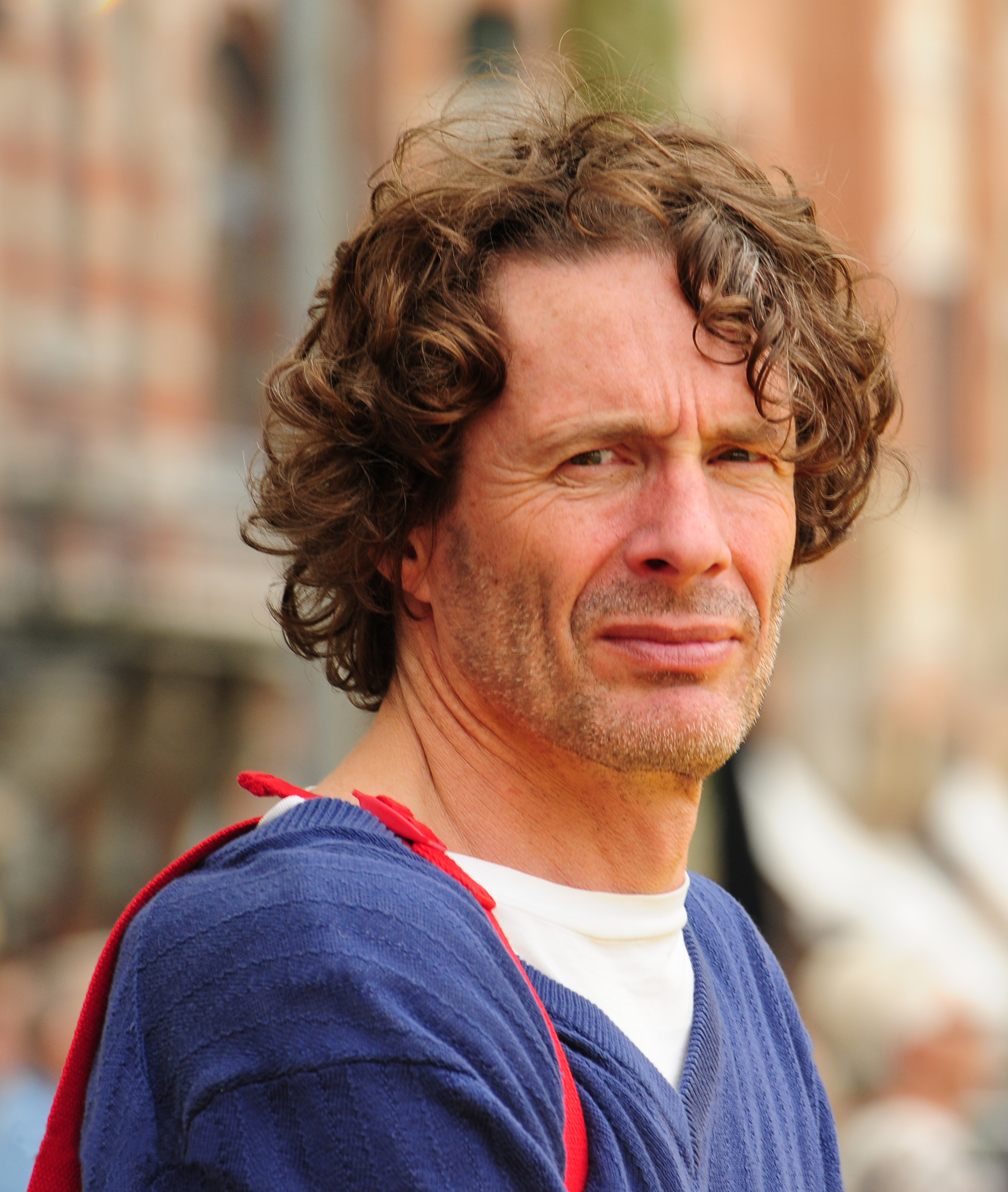 |
Dirk DRAULANS, PhD in Biology. He is also a journalist and writer. He is especially interested in evolutionary biology and at the University of Oxford he specialized in behavioral sciences. He is committed to popularize sociobiology as an attempt to explain the evolutionary mechanisms behind social behaviors. Since 1987 he is the scientific editor for Knack, a Flemish magazine for politics, economy, society and culture. From his experiences as a war correspondent and Africa explorer he has written various books. He made several TV documentaries on science-related topics at the Belgian national television. | ||
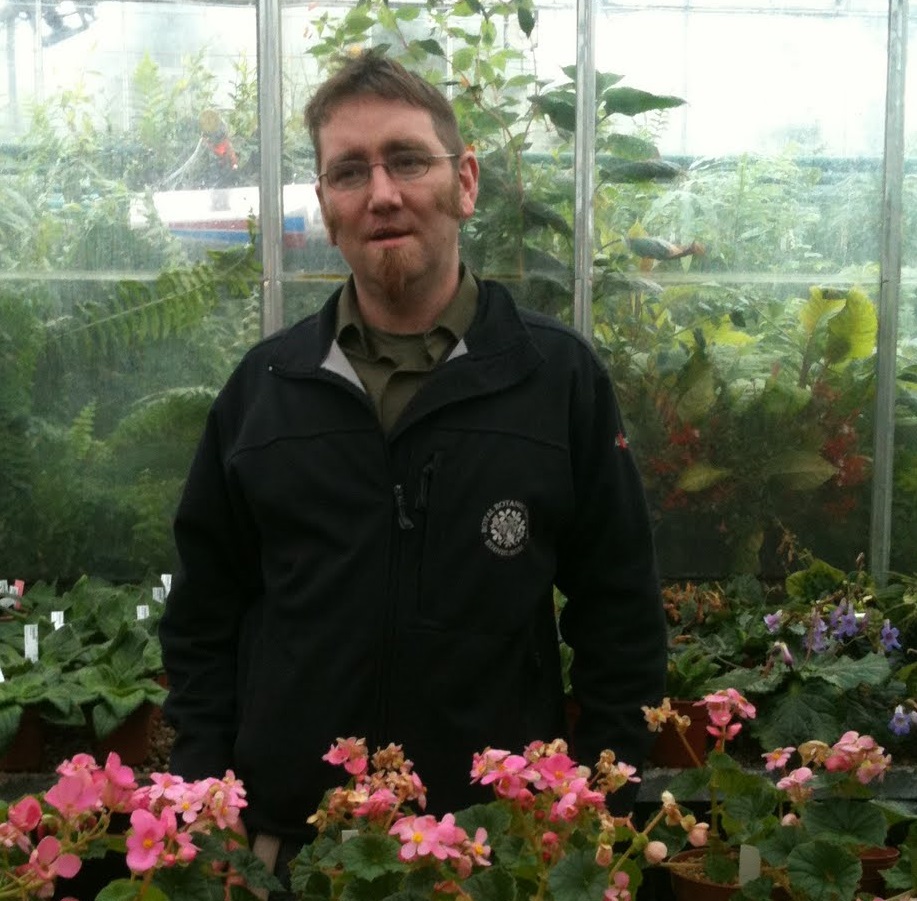 |
Gregory KENICER, PhD in Botany. He has served with Royal Botanic Garden Edinburgh for over 18 years in research (plant evolution and biogeography, and ethnobotany), public outreach and in the education department. He teaches and coordinates attended and online courses in many aspects of botany, biodiversity and allied disciplines. With colleagues, he established PropaGate Learning, a virtual learning environment at the forefront of plant-based learning. Extensive field, project, research, classroom and online training experience have allowed him to develop expertise to support learners in many ways. | ||
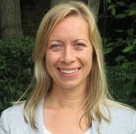 |
Melina KYAMETIS, Master in Biology and specialized in Ecology, Marine and Lacustrine Sciences and Climate Change. She works since 2014 for Natuurpunt CVN, Centre for Nature Education of Natuurpunt, which is the largest nature conservation association in Flanders, Belgium. She teaches about climate change and sustainable development to the general public. In addition, she runs a Belgian female birding group to enhance bird conservation in Belgium. | ||
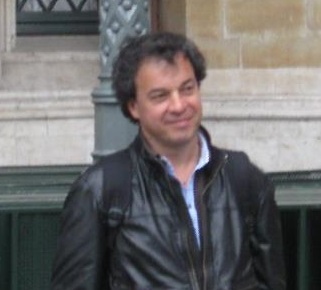 |
Carlos RODRIGUES, PhD in Multimedia in Education. He is currently English language teacher at Escola Secundária de Penalva do Castelo – Portugal. He is also active as teacher trainer at EDUFOR in the foreign language didactics, educational technology and technology in educational communication. He has co-developed training programmes and delivered certified teacher training to domestic as well as to foreign teachers (Erasmus+ certified teacher training). He has coordinated and participated in several projects aiming at implementing educational technology in teaching and learning environments. | ||
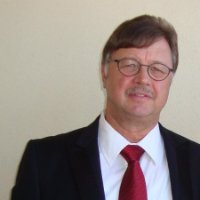 |
Willy SLEURS, PhD in Zoology and Master of Instructional Sciences. He is currently head of the ‘Qualifications and Curriculum’ division of the Flemish Ministry of Education. Before his position at the Ministry of Education, he used to be a secondary school science teacher and a lecturer at the biology teacher training institute of the Catholic University of Leuven. From 2008 to 2011 he was the president of the international organization ‘Environment and School Initiatives’ (ENSI). He represented the Ministry of Education of the Flemish Community in several international conferences concerning ‘education for sustainable development’ (ESD) and ‘education and climate change’. Besides several papers on systematic zoology, science teaching and education for sustainable development, he published the results of a European project in his book (co-authored by Gaeremynck and De Smet) ’How to integrate sustainable development in education?’ | ||
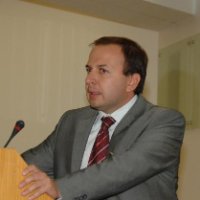 |
Sofoklis SOTIRIOU, PhD in High Energy Neutrino Astrophysics and a PhD in Science Education. He has worked at CERN, at the National Center for Scientific Research "Demokritos" in Athens and in the Physics Laboratory of Athens University. He is the Head of R&D Department of Ellinogermaniki Agogi, one of the biggest educational institutions in Greece. Since 2001 he is the Director of the Ellinogermaniki Agogi Center for Teachers Training. His main research field is the design, application, and evaluation of virtual and digital media environments that could bridge the gap between formal and informal science learning. He leads the design and development of the European Science Education Academy, supporting integration of Inquiry Based and Problem Based approaches in teaching. He is the author of numerous publications and teachers guides on the use of ICT in science education. | ||
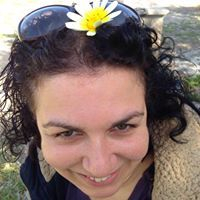 |
Evita TASIOPOULOU, Bachelor of Engineering in Computer Systems and a Professional Certificate in Management from the Open University. She is a Project Manager for Science projects in the Science Education Department of European Schoolnet. Her main activities focus on the management of European projects and ensuring their successful delivery while she is particularly interested and involved in projects linked to School Pilot activities, Space studies and the provision of remote laboratories to schools. Her current work is focusing on Next-Lab, which continues the achievements of Go-Lab (http://www.go-lab-project.eu/), in bringing remote labs into classrooms and the EU Space Awareness (http://www.space-awareness.org/) project. | ||
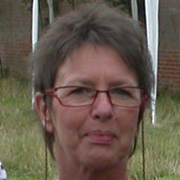 |
Isabella VAN DE VELDE, PhD in Zoology. She is affiliated with the Royal Belgian Institute of Natural Sciences Brussels. She has long experience in planning and developing scientific exhibitions for museums. In the framework of ‘Competency measurements’ for staff involved in collections of the Federal Scientific Institutions Brussels, she developed a training curriculum and delivered certified training. She is also managing the Distributed European School of Taxonomy. She has been involved in various EU funded projects, responsible for the organisation and management of training activities in Taxonomy and Biodiversity. | ||
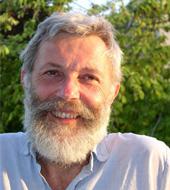 |
Tamás VÁSÁRHELYI, PhD in Biology. He is by profession a research biologist and biology teacher. He started his carrier in the Rhynchota Collection of the Zoological Department of the Hungarian Natural History Museum. In the nineties his interest turned also towards the public activities of the museum (education, exhibitions), and he served 16 years as deputy director general. He became also active in several civic societies, including the Hungarian Society for Environmental Education. In the last decade he took part in establishing the Science Communication MSc at the Eötvös Loránd University (ELTE). He is the author of several books and around 300 papers in entomology, museum studies, museum learning and environmental education. | ||
 |
Catherina VOREADOU, PhD in Hydrobiology. Since 1998, she has been the Head of Education at the Natural History Museum of Crete which belongs to the University of Crete. She is a member of the National Accreditation Centre for Continuing Vocational Training (EKEPIS), as trainer for adults. Since 2012, she has been responsible for the development of the face to face and e-learning courses of the Centre for Environmental Training of the Natural History Museum of Crete (NHMC-CET). She has coordinated and participated in various European and National funded projects on Educational research, involving formal, non-formal and informal education. She is the author/editor of many books and educational material. | ||
You are here
Events
- Final BIOTALENT Conference: The BIOTALENT project: Innovative Education, the Best Investment to Increase Engagement in Science
- BIOTALENT Multiplier Event followed by transnational project meeting
- Presenting BIOTALENT at CETAF43
- Transnational Project Meeting - NHM Crete
- 15th Science Projects Workshop in the Future Classroom Lab
- EU Conference
- Kick-Off Meeting
- The BIOTALENT 's Final Conference
